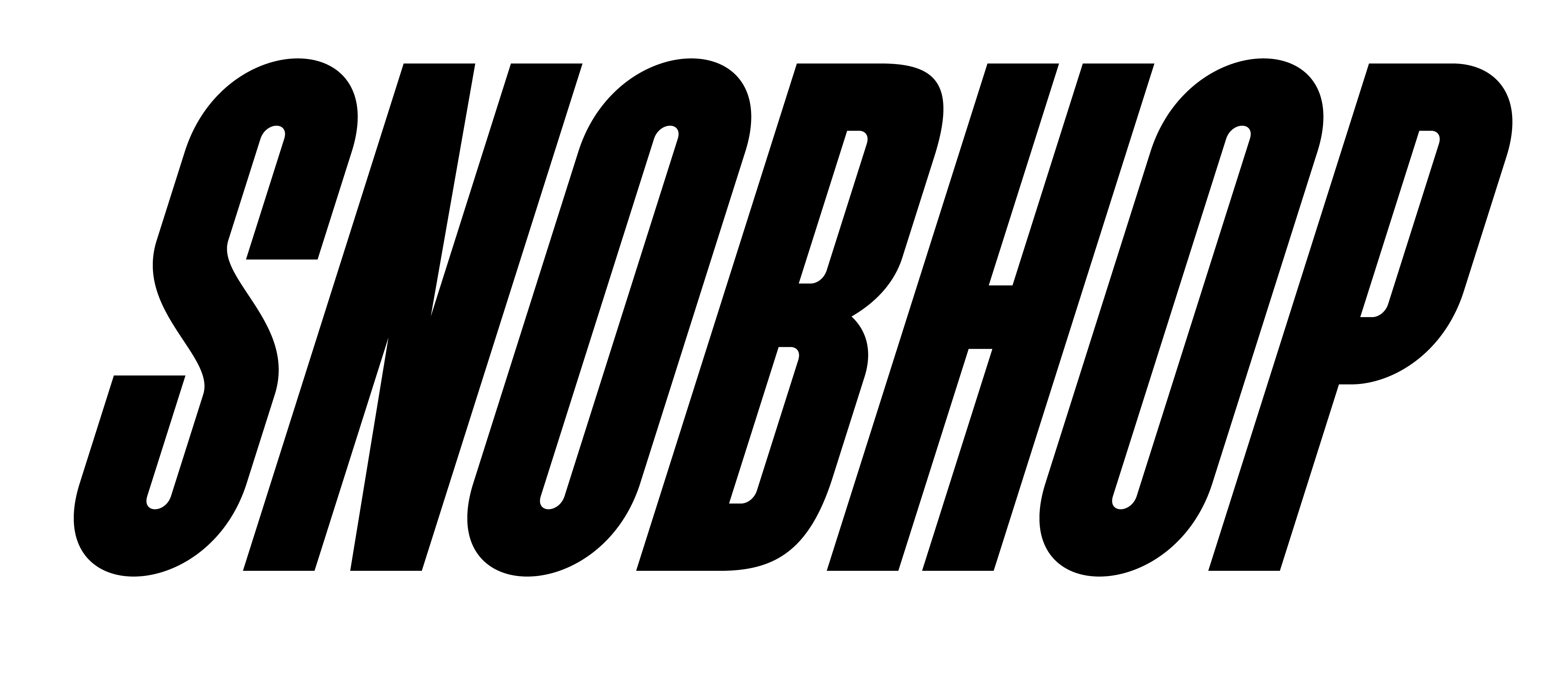For Us By Us.
In 1992, entrepreneur Daymond John, who many know from Shark Tank, started a clothing brand inside his mother’s garage that changed apparel forever.
It was called FUBU.
At its height, FUBU was a staple in Black culture, especially Platinum FUBU (y’all weren’t outside for that)
but at its inception, FUBU had a hard time getting it off the ground – sometimes running into inventory struggles, other times needing capital; typical growth issues.
After a few years of working on FUBU, Daymond and cofounders were finally doing okay. However, around year 5, he had received over $300,000 worth of orders but desperately needed financing to complete it. Daymond’s mother, believing fully in his dream, mortgaged her house to get him the $100,000 in seed money to keep the business going. 1
Armed with a vision for what urban apparel could be, he continued selling clothing all while holding down a full-time job at Red Lobster.
There was just one problem.
Shortly after getting the influx of cash from his mom, Daymond & partners had burned through all of the cash trying to scale the business. After all of that work, he was down to his last last $500.
“Million Dollars In Orders, Need Financing”
Daymond had been turned down by over 27 banks, and with so few Black-owned apparel companies in the market, they were hesitant to give him the money to scale. He was running low on options when his mother concocted a new plan:
An ad in the local newspaper that simply said “Million dollars in orders, need financing”
After fielding several calls, some legitimate, others not so much, Daymond landed a deal with Samsung’s textile printing division.
From there, it blew up. FUBU started appearing in music videos, on entertainers and so on.
The rest was history… or so we thought.
“They Spent $30 Million Airing A FUBU Commercial”
In 1999, Gap was looking for someone who could help them tap into a black audience. Someone who personified cool that could take Gap to the next level. Naturally the thought of none other than: LL Cool J.
Unbeknownst to Gap, LL Cool J had entered into a deal with FUBU — an effort he agreed to in order to give back to the community and pay it forward to another young Black entrepreneur who hoped to make it.
Though LL wasn’t too fond of Gap (or their treatment of him), he took the gig and showed up to film the spot. But, what happened next is a thing of legend.
LL Cool J filmed his Gap commercial…
WHILE WEARING FUBU
And if that wasn’t enough, listen closely to rap he spits in the commercial below…
HE SHOUTS OUT FUBU
“For Us By Us on the low.”
You can’t make this sh*t up.
Not only did LL shout out FUBU, but he said “on the low” afterwards to let us know that he that was doing it on the “lowkey.” Grade A comedy.
The Aftermath
It didn’t take long for Gap’s error to take effect in real life. Youth everywhere started to frequent the store looking for clothing, but not Gap clothing:
They were looking for FUBU.
After about 5 weeks of constantly airing the LL Cool J ad, Gap had successfully reached the base of consumers they’d hoped to reach but with the wrong product. They swiftly pulled the spot but it was too late.
FUBU, which was already becoming popular in the entertainment world, just got the deal of a lifetime: Millions of dollars in earned media without so much as a conversation with the heads at Gap.
If FUBU ever had a problem reaching audiences before, it didn’t after their “improptu” shoutout from Gap.
The Moral of the Story?
Well… as Daymond John says above, you have to have a diverse team. If Gap would’ve had at least one decision maker on their team who was Black, or at the very least, plugged into Black culture they could’ve told the director or producer that LL Cool J needed to remove his hat prior to shooting
The other thing is: You also can’t be afraid of co-branding. Gap’s flub turned into a big win once they embraced the fact that they made a mistake. They even re-aired the commercial with another $60 million in media behind it after realizing that the spot still reached the consumers they hoped to get in front of anyway.
All this to say… It’s a crazy world folks.
Sometimes things slip through the cracks, and this was an instance where it worked out for all parties involved.
For Us, Buy Us. On the highkey this time around.
Peace.


